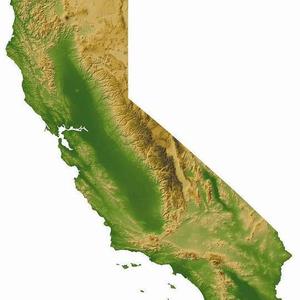Governor's signature on tax bill to boost California biodiesel

October 12, 2015
BY The California Biodiesel Alliance
On Oct. 4 California Gov. Jerry Brown signed AB 1032 into law, correcting a tax problem and clearing the way for a significant increase in the volumes of biodiesel blended in the state. The bill, introduced by Assembly Member Rudy Salas and sponsored by the California Biodiesel Alliance, amended Section 60501 of the Revenue and Taxation Code by adding biodiesel to the law allowing for refunds on nontaxable fuel.
Beginning Jan. 1, refunds will be available through the State Board of Equalization on the portion of the nontaxable (dyed) biodiesel removed from the terminal to those that can show they have already paid tax on that fuel.
Currently, the law imposes an excise or “road” tax on diesel fuel, and allows reimbursement for the amount of such taxes to entities who have used tax-paid fuel in certain nontaxable uses (for which it is dyed red).
The problem is that clear biodiesel is typically sold to refiners and fuel wholesalers then transported by truck from the production facility to fuel terminals. Thus, biodiesel producers are required to pay the state fuel tax on their biodiesel sales, and must then charge the buyers for such taxes. However, refiners and fuel wholesalers have not been able to receive a refund or credit for the tax paid on the biodiesel when the biodiesel is blended with dyed diesel fuel for nontaxable use and removed from the terminal. Until now.
Advertisement
Advertisement
“Our industry estimates that the problem may be effectively preventing biodiesel from being blended into 15 to 30 percent of the diesel volume, depending on how much dyed diesel that terminal is handling,” said Harry Simpson, president of Crimson Renewable Energy and CBA board member. “The problem affects every terminal and refinery rack in the state that is blending, or contemplating blending, biodiesel.”
Read the text of the law, which includes details of how to apply for the refund, here.
Advertisement
Advertisement
Related Stories
Broco Energy on July 17 announced a new partnership with the Massachusetts Port Authority (Massport) to deliver and transition Massport's fuel tanks to renewable diesel across its various facilities.
Shell Aviation, Accenture, and Amex GBT on July 10 announced Avelia is in the process of evolving to an industry solution with independent data hosting and a multi-supplier model helping users access the GHG benefits of SAF.
Avia Solutions Group, the world's largest ACMI (aircraft, crew, maintenance, and insurance) provider, has partnered with DHL Express to reduce greenhouse gas emissions from its international shipments using SAF.
Bangkok Airways Public Company Limited has officially announced the adoption of sustainable aviation fuel (SAF) on its commercial flights, reinforcing Thailand’s green aviation industry. The initiative took effect starting July 1, 2025.
Global digital shipbuilder Incat Crowther announced on June 11 the company has been commissioned by Los Angeles operator Catalina Express to design a new low-emission, renewable diesel-powered passenger ferry.
Upcoming Events










